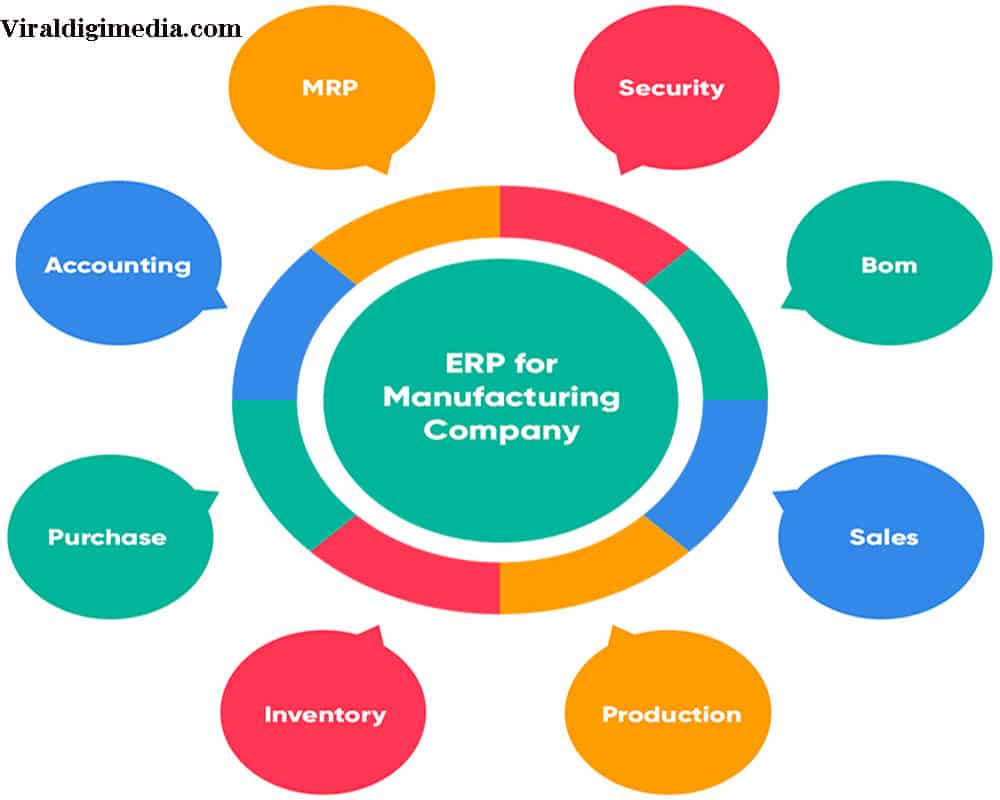Whether you’re aiming to monitor data, track inventory, or measure costs within your manufacturing business, sensors are the way to go. Modern sensors have the potential to massively boost efficiency within the manufacturing industry by allowing for simplified fault detection and monitoring of all business operations.

A wide variety of sensors exist today, including pressure sensors, temperature sensors, vibration sensors, ultrasonic sensors, power sensors, and more. Read on to learn more about how you can best use sensors to boost your manufacturing business.
-
Table of Contents
Sensors can predict equipment failure
By employing smart sensors to monitor your machines, you can quickly identify machine faults and errors before they lead to catastrophic failure. You’ll reduce unexpected downtime and maintenance, while also saving money on part replacements and repairs.
Smart sensors continually collect data across the supply chain, so workers can quickly identify machine parts that need replacement or maintenance and amend environmental conditions if necessary.
-
Sensors monitor equipment, inventory, and employees in real-time
With smart sensors, employers can monitor a range of conditions in real-time, including:
- Speed
- Temperature
- Weight
- Movement
- Valve status
- Proximity
Asset management is made easy with sensors monitoring the movement of vehicles, assets, inventory, and workers. Manufacturers can track shipments in real-time or locate the specific GPS location of a delivery vehicle. For more info sign in to your Ververica account
By continually monitoring the location of inventory and communicating with automated retrieval and storage systems, business can ensure shelves are always fully stocked. With sensors, it’s also possible to quickly identify incidences of inventory theft.
-
You can control energy costs with sensors
With modern temperature sensors, manufacturing businesses can now control their energy consumption on a massive scale. Energy use regulations are strict within the manufacturing sensor, so it’s important to have access to accurate, real-time data and full control.
Thanks to technological advances, today’s smart sensors are highly energy-efficient, leading to excellent savings for manufacturing businesses.
-
Sensors help robots do their job
While humans can perceive surrounding objects with ease, it’s not so simple for robots. Thankfully, with ultrasonic and other sensors, robots can gain a clear picture of the space around them.
As robots become more commonplace in the world of manufacturing, so do sensors. Tactile sensors allow robots to manipulate and move objects with unwavering sensitivity and precision.
-
Sensors aid IoT applications in manufacturing
Smart sensors are essential in the development of IoT (Internet of Things) applications for manufacturing purposes. IoT describes a network of objects such as software and sensors coming together to exchange data via the internet.
By identifying and locating objects, and generating data based on environmental conditions, smart sensors help to streamline analytics and connectivity within factory settings.
Accurate and reliable sensors provide a foundation for smarter factories. In harsh industrial environments, sensors communicate remotely to ensure isolation and preserve integrity.
Conclusion
Sensors play an essential role in the function of today’s smart factories. To ensure your manufacturing business runs efficiently, it’s well worth investing in quality sensors to monitor all aspects of your operations.